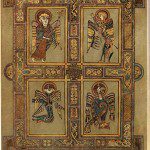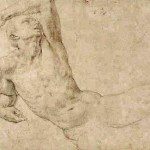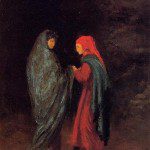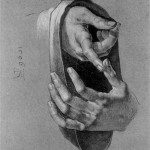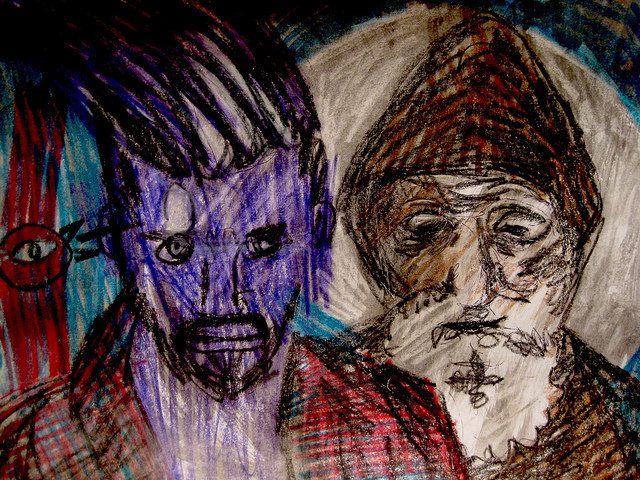
Yes or no, does human life make sense, and does man have a destiny? I act, but without even knowing what action is, without having wished to live, without knowing exactly either who I am or even if I am. This appearance of being which flutters about within me, these light and evanescent actions of a shadow, bear in them, I am told, an eternally weighty responsibility, and that, even at the price of blood, I cannot buy nothingness because for me it is no longer. Supposedly, then, I am condemned to life, condemned to death, condemned to eternity! Why and by what right, if I did not know it and did not will it?
I shall make a clean breast of it. If there is something to be seen, I need to see it. Perhaps I will learn whether this phantom I am to myself, with this universe I bear in my gaze, with science and its magic, with the strange dream of consciousness, has any solidity. I shall no doubt discover what is hidden in my acts, at that very depth where, without myself, in spite of myself, I undergo being and become attached to it. I will know whether I have a sufficient knowledge and will concerning the present and the future never to sense any tyranny in them, whatever they may be.
The problem is inevitable; man resolves it inevitably; and this solution, true or false, but voluntary at the same time as necessary, each one bears it in his actions. That is why we must study action: the very meaning of the word and the richness of its contents will unfold little by little. It is good to propose to man all the exigencies of life, all the hidden fulness of his works, to strengthen within him, along with the force to affirm and to believe, the courage to act.
I.
To take stock of the immediate evidence, action, in my life, is a fact, the most general and the most constant of al, the expression within me of a universal determinism; it is produced even without me. More than a fact, it is a necessity, which no doctrine denies since such a denial would require a supreme effort, which no man avoids since suicide is still an act; action is produced even in spite of me. More than a necessity, action often appears to me as an obligation; it has to be produced by me, even when it requires of me a painful choice, a sacrifice, a death. Not only do I use up my bodily life in action, but I am forever putting down feelings and desires that would lay claim to everything, each for itself. We do not go forward, we do not learn, we do not enrich ourselves except by closing off for ourselves all roads but one and by impoverishing ourselves of all that we might have known or gained otherwise. Is there a more subtle regret than that of the adolescent obliged, on entering life, to limit his curiosity as if with blinders? Each determination cuts off an infinity of possible acts. No one escapes this natural mortification.
Will I at least have the power to stop? No, we have to go forward. To suspend my decision in order to renounce nothing? No, I must commit myself under pain of losing everything; I must compromise myself. I have no right to wait or else I no longer have the power to choose. If I do not act out of my own movement, there is something in me or outside of me that acts without me; and what acts without me ordinarily acts against me; and what acts without me ordinarily acts against me. Peace is a defeat; action leaves no more room for delay than death. Head, heart, hands, I must therefore give them over willingly or else they are taken from me. If I withhold my free dedication, I fall into slavery; no on gets along without idols: neither pious folk nor even the most libertine. A scholastic or partisan prejudice, a watch-word, a worldly compromise, a sensual delight, and it is enough for all repose to be lost, all freedom to be sacrificed. And that is often the reason why we live and why we die!
Will I be left the hope of guiding myself, if I will to, in the fulness of light, and of governing myself only according to my ideas? No. Practice, which tolerates no delay, never entails a perfect clarity; the complete analysis of it is not possible for a finite mind. Any rule of life that would be grounded only on a philosophical theory and abstract principles would be temerarious. I cannot put off acting until all the evidence has appeared, and all evidence that shines before the mind is partial. Pure knowledge is never enough to move us because it does not take hold of us in our entirety. In every act, there is an act of faith.
—
Translated by Olivia Blanchette, University of Notre Dame Press (c) 1984

